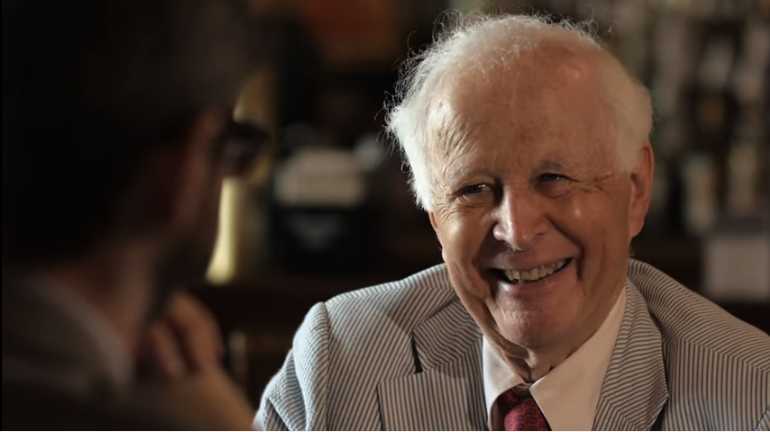 CAMBRIDGE, Mass. — A pamphlet being distributed by Harvard University’s office of BGLTQ Student Life claims that “there are more than two sexes” and that “gender is fluid and changing” even from “day to day.”
CAMBRIDGE, Mass. — A pamphlet being distributed by Harvard University’s office of BGLTQ Student Life claims that “there are more than two sexes” and that “gender is fluid and changing” even from “day to day.”
The document, obtained by the outlet Campus Reform, urges students to be informed and “fight transphobia.”
“There are more than two sexes. Many factors influence ‘biological sex,’ such as internal and external genitalia, hormones and chromosomes,” it reads. “At least 2% of people are born with combinations of these characteristics that do not fit into the constructed sex binary of male and female, and may identify as intersex.”
“Gender is fluid and changing, and can be affirmed and/or expressed in many ways. For many people—cis and trans—gender expression, identity and self-understanding can change from day to day,” the pamphlet asserts.
It says that one’s sense of gender can be expressed in a variety of ways, from their clothing and grooming choices, to their speech and mannerisms.
“Even within categories of male and female, every human expression of sex is in some way biologically variant from the next,” the Harvard document reads.
Campus Reform reports that several students expressed concern off the record that school funds were used to print the material, but were afraid to publicly comment on the matter due to possible negative repercussions.
The document has left others scratching their heads, including Heat Street journalist Ian Miles Cheong, who quipped, “Boy today, girl tomorrow. And on rainy days, bigender.”
As previously reported, not everyone believes that those who are struggling with their gender identity should be encouraged to live as the opposite gender or identify as a mix of both. Last August, Johns Hopkins psychiatrists Dr. Lawrence Mayer and Dr. Paul McHugh penned a controversial report entitled Sexuality and Gender: Findings from the Biological, Psychological, and Social Sciences, which was published in The New Atlantis.
The doctors expressed doubt that one is born in the wrong body, that “there is no evidence that all children who express gender-atypical thoughts or behavior should be encouraged to become transgender.” Rather, they noted that the philosophy that gender is a “social construct” grew out of the feminist movement.
 “This idea has been an important part of a feminist movement to reform or eliminate traditional gender roles,” Mayer and McHugh wrote, pointing to several feminist literary works.
“This idea has been an important part of a feminist movement to reform or eliminate traditional gender roles,” Mayer and McHugh wrote, pointing to several feminist literary works.
They noted that even atypical behavior, such as when girls tend to be tomboys or boys play with effeminate toys, does not change the person’s real sex.
“The underlying basis of maleness and femaleness is the distinction between the reproductive roles of the sexes; in mammals such as humans, the female gestates offspring and the male impregnates the female,” Mayer and McHugh outlined. “More universally, the male of the species fertilizes the egg cells provided by the female of the species.”
“This conceptual basis for sex roles is binary and stable, and allows us to distinguish males from females on the grounds of their reproductive systems, even when these individuals exhibit behaviors that are not typical of males or females,” they explained.
Become a Christian News Network Supporter...


